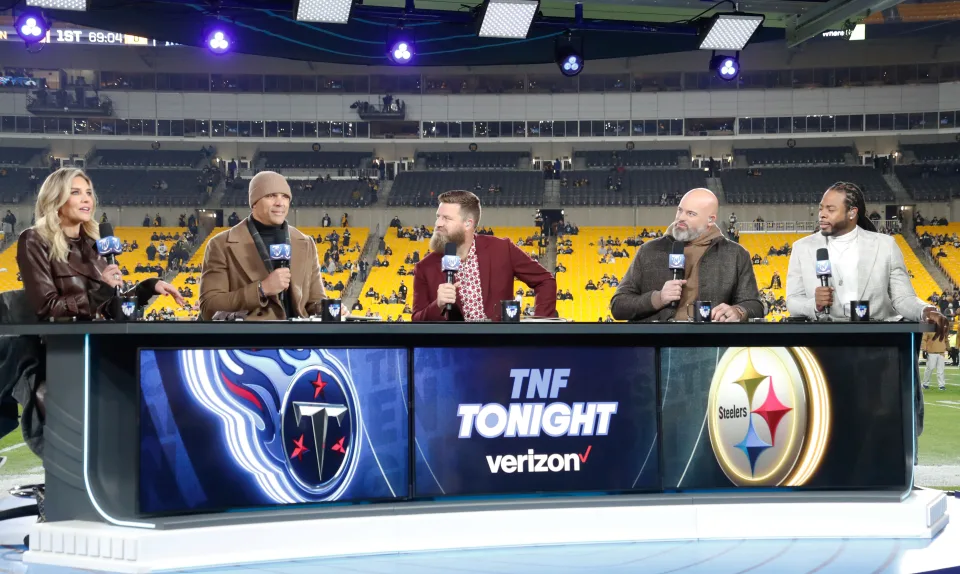Amazon Prime Video is making headlines with its decision to air the first-ever Black Friday NFL game, featuring a matchup between the New York Jets and Miami Dolphins. This strategic move not only adds to the entertainment options available to viewers but also underscores the ongoing disruption of traditional, or linear, television by digital streaming platforms.
The significance of this event lies not only in the content it provides but also in the financial commitments made by streaming giants. Amazon’s agreement to spend $1 billion annually for its 11-year NFL Thursday Night Football deal demonstrates the escalating competition for exclusive sports broadcasting rights. Similarly, Google’s YouTube reportedly invested $2.5 billion to acquire the coveted rights to NFL Sunday Ticket.

These developments come at a time when traditional media faces challenges, including substantial streaming losses and notable declines in linear advertising revenue. Cord-cutting has accelerated, with linear TV viewership falling below 50% for the first time in July. Meanwhile, major tech companies with substantial financial resources have been aggressively securing lucrative sports contracts.
Amazon’s foray into NFL broadcasting exemplifies its growing role in the media landscape. The company’s deep pockets enable it to not only secure exclusive streaming rights but also to innovate in advertising strategies. Reports suggest that Amazon will charge $880,000 for a 30-second ad spot during the Black Friday game, more than double the traditional rate for Thursday Night Football games.
Furthermore, Amazon Prime Video’s approach to advertising during the game will incorporate twice as many interactive video ads, including features like QR codes and interactive banners. Advertisers such as Google, Columbia Sportswear, Bose, Carnival Cruises, and Hasbro have already secured spots.
This shift in advertising strategies reflects the changing dynamics of the industry, with non-linear TV ad sales, including advertising video-on-demand platforms, connected TV, and free ad-supported services, experiencing a 7% growth, according to a recent report from media investment and intelligence company Magna Global.
The direct-to-consumer (DTC) services have also played a pivotal role in the industry’s evolution. With an average ad revenue growth of 29%, services like Netflix and Disney have introduced new advertising tiers, contributing to the industry’s changing landscape. Tech giants Alphabet (Google) and Meta have experienced renewed strength in digital advertising, showcasing the shift from traditional to digital platforms.
The Black Friday NFL game between the New York Jets and Miami Dolphins not only symbolizes Amazon’s growing influence in sports broadcasting but also reflects the broader transformation in the media landscape. As traditional media continues to grapple with challenges, digital platforms are reshaping the industry, with streaming services becoming key players in the distribution of premium content. The future trajectory of media consumption appears increasingly digital, with major tech companies leading the way.

